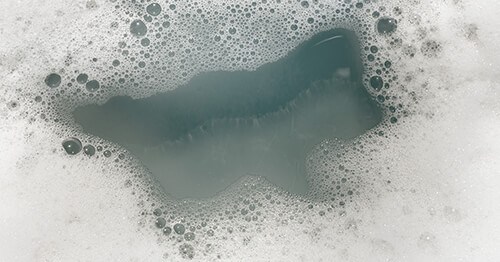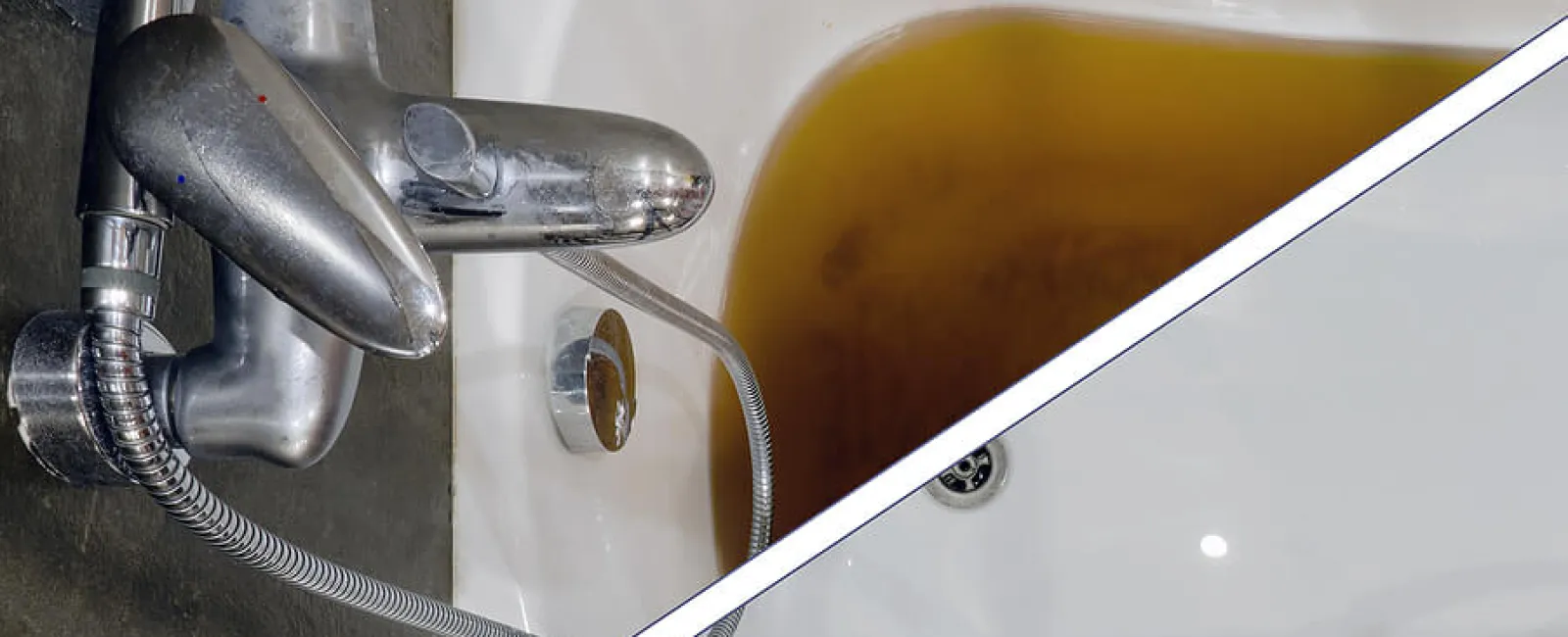An Comprehensive Guide: Discharge Rising Through the Bathtub
An Comprehensive Guide: Discharge Rising Through the Bathtub
Blog Article
Are you currently interested in help and advice concerning What To Do If Sewage Starts Backing Up Into the Shower?

Sewer back-up in the bath tub can be a stressful and unhygienic problem for any type of homeowner. Not just is it troublesome, yet it additionally positions major health threats and suggests underlying problems with the plumbing system. Comprehending why sewer is turning up through the bathtub is essential for taking ideal activity to resolve the problem effectively.
Introduction to the Concern
Understanding the Problem
When sewer draws back up right into the tub, it's a clear indication of an issue with the water drainage system. The wastewater that ought to be flowing away from your home is rather discovering its way back into your living space, which can result in substantial damages and carcinogen.
Prospective Causes
Numerous variables can add to sewer backup in the bathtub. From blockages in the drain line to problems with the plumbing framework, recognizing the root cause is crucial for discovering a service.
Common Reasons for Sewage Back-up
Blockages in the Drain Line
Among one of the most common sources of sewer backup is a blockage in the drain line. This can take place because of the buildup of debris, grease, or foreign objects in the pipes, preventing appropriate circulation and causing sewage to support right into your tub.
Tree Origin Invasion
Tree roots looking for moisture and nutrients can infiltrate drain lines through tiny fractures or joints. In time, these roots can expand and increase, creating substantial damage to the pipelines and causing sewage back-up issues.
Aging Framework
Older homes might have dated plumbing systems that are much more susceptible to rust, cracks, and damage. As pipes age, they come to be a lot more susceptible to leakages and clogs, increasing the possibility of sewage backup incidents.
Heavy Rainfall or Flooding
During periods of heavy rainfall or flooding, the sewer system may end up being overloaded with excess water, causing back-ups and overflows. This can result in sewer supporting right into bath tubs and other components inside the home.
Health And Wellness Threats Associated with Sewage Back-up
Contamination of Supply Of Water
Sewer backup can contaminate the water system in your home, presenting a significant health and wellness risk to you and your family. Direct exposure to contaminated water can lead to stomach problems, skin infections, and other illnesses.
Spread of Condition
Sewer contains unsafe bacteria, viruses, and parasites that can trigger a variety of conditions, including hepatitis, cholera, and gastroenteritis. Coming into contact with sewer or polluted surface areas places you in jeopardy of infection.
Mold and mildew Development
Wetness from sewage back-up can produce ideal problems for mold and mildew development in your house. Mold and mildew spores can intensify respiratory system problems and cause allergic reactions in sensitive people, making prompt clean-up necessary.
Indications of Sewer Backup
Foul Odors
Unpleasant odors emanating from drains pipes or fixtures, specifically in the restroom, might suggest sewer back-up problems. These smells are frequently solid and relentless, signaling a problem that requires immediate attention.
Slow Draining Fixtures
Tubs, sinks, and bathrooms that drain gradually or not in any way could be experiencing sewage backup. If multiple components are impacted concurrently, it's most likely that the issue originates from a typical factor, such as the major sewer line.
Gurgling Noises
Odd gurgling or bubbling sounds originating from drains when water is running elsewhere in your house are a sign of air entraped in the plumbing system. This air accumulation can arise from sewer back-up and should be explored immediately.
Immediate Actions to Take
Switching Off Water
In case of sewer backup, it's vital to switch off the water to prevent additional contamination and damages. Locate the main water shutoff valve in your house and closed it off until the issue can be settled.
Getting In Touch With an Expert Plumber
Taking care of sewer back-up is not a DIY work. Call a licensed plumber with experience in taking care of sewage-related problems to analyze the scenario and carry out necessary fixings or cleanups.
Preventing Contact with Infected Water
Till the sewage backup is fixed, avoid contact with infected water to avoid the spread of germs and virus. Put on safety gear if you must remain in the afflicted area and wash your hands completely later.
Safety nets
Normal Upkeep of Sewage System Lines
Schedule regular assessments and maintenance of your drain lines to identify and deal with potential concerns before they intensify right into significant problems. This can include cleaning particles, inspecting for tree root intrusion, and fixing any kind of broken pipes.
Mounting Backwater Shutoffs
Think about setting up backwater shutoffs in your plumbing system to stop sewage from flowing back into your home during periods of heavy rainfall or flooding. These valves instantly close when water draws back up, shielding your property from contamination.
Proper Disposal of Home Waste
Prevent purging anything aside from bathroom tissue and human waste down the toilet to avoid obstructions and obstructions in the drain line. Dispose of oil, oil, and other household chemicals properly to decrease the risk of plumbing problems.
Cleaning Up After Sewage Back-up
Disinfection Procedures
Thoroughly disinfect and sanitize impacted locations after sewage back-up to get rid of damaging germs and avoid mold and mildew development. Usage ideal cleansing products and safety gear to ensure secure and effective cleanup.
Repair of Influenced Locations
Fix any kind of damage to floor covering, walls, or components triggered by sewage back-up. Relying on the level of the damage, you may need to change carpets, drywall, or various other products to restore your home to its pre-loss condition.
Why Is Water Backing Up in My Bathtub When I Flush My Toilet?
What to do about a sewer line clog
First, don’t bother with plunging. No amount of plunging will dislodge the clog in a sewer line. The clog is too far away. Plungers are for clogs in the toilet itself, not the sewer line. Plus, the most likely causes of a sewer clog are:
Tree roots Flushed toys or feminine products Grease buildup Those items don’t move easily. And in the case of tree roots, the roots need to be cut out of the pipe and the pipe will need to be repaired.
You’ll need a closet auger. A closet auger is a type of plumber’s snake with a protective cover to keep from scratching the delicate porcelain toilet. If the clog is further down, you may need to remove the toilet or use one of your cleanouts to get to the clog.
We also recommend doing a video inspection of the drain to ensure that the cause of the clog has been completely removed. Otherwise, you could have the same problem again in a few days or weeks.
https://mspplumbingheatingair.com/blog/why-is-water-backing-up-in-my-bathtub-when-i-flush-my-toilet

I discovered that piece about while doing a search on the search engines. If you appreciated our post plz remember to share it. Kudos for being here. Return soon.
Booking Page
Report this page